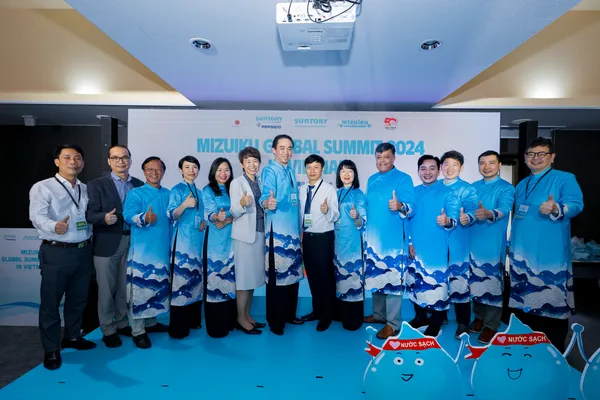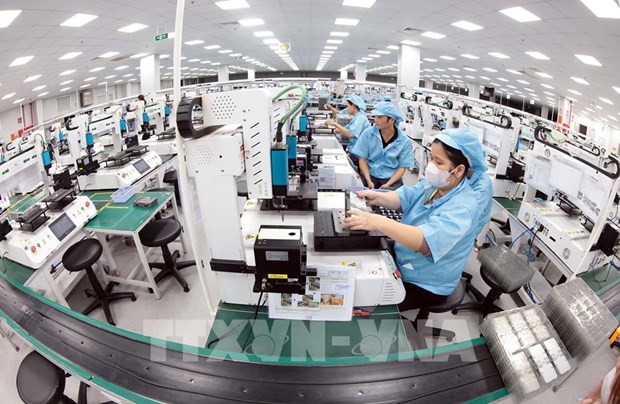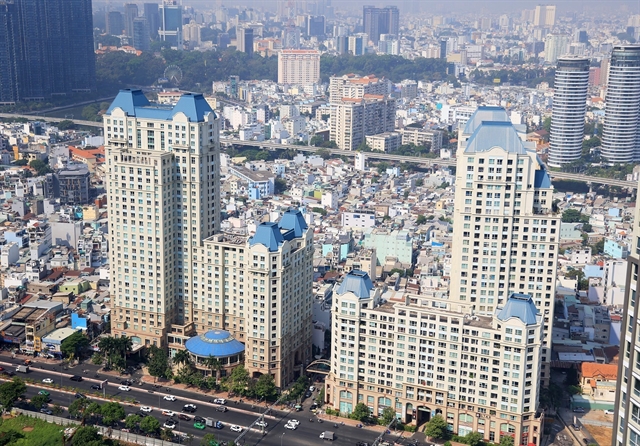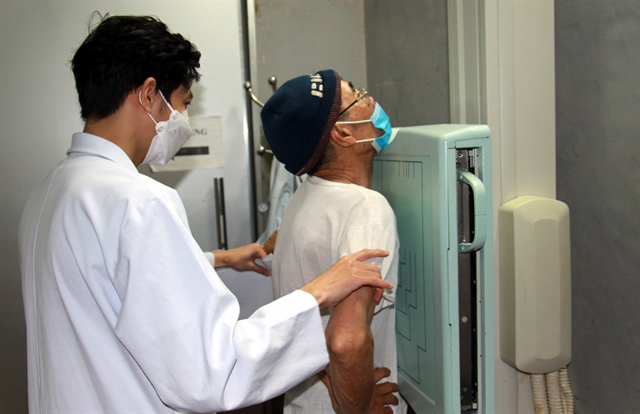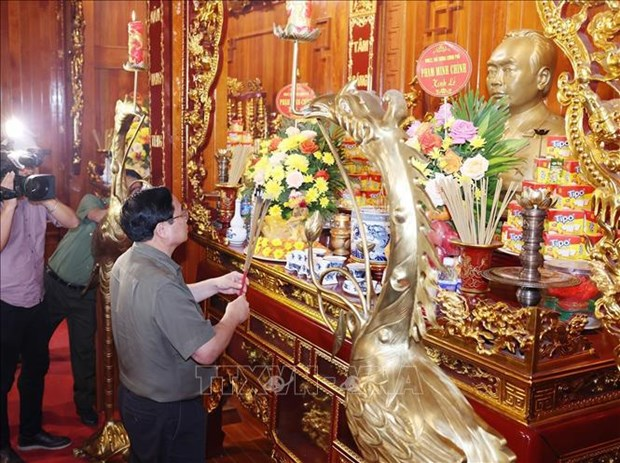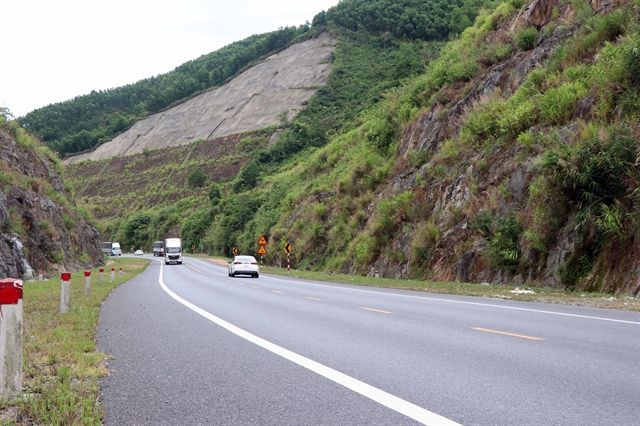 Society
Society
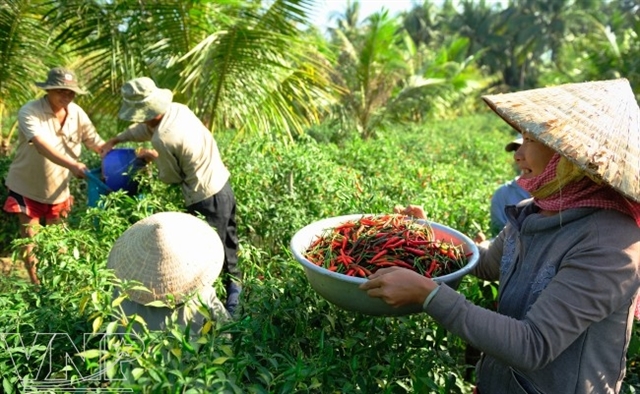
The research team will work with local health authorities to monitor the health status of the volunteers to ensure they follow the regulations needed for optimal conditions of the trial, including lifestyle requirements.
 |
| No Title |
HÀ NỘI — Three volunteers on Thursday morning received the first doses of Nano Covax, Việt Nam’s first COVID-19 vaccine to be trialled on humans, at the Military Medical University in Hà Nội.
The two men and a woman, whose identities have been kept private, will be monitored for 72 hours in separate rooms at the university after the vaccine shots were administered, developed by HCM City-based Nanogen Pharmaceutical Biotechnology JSC, before they can go back to their residences.
The research team will work with local health authorities to monitor the health status of the volunteers to ensure they follow the regulations needed for optimal conditions of the trial, including lifestyle requirements.
Each of the volunteers will be monitored for 56 days after the vaccination.
The three were chosen among about 300 volunteers who registered to participate in the human trials of the vaccine, after rigorous medical examination procedures.
After three days, the rest of the eligible 60 volunteers aged 18-50 will also receive the shots.
 |
| Lieutenant-General Đỗ Quyết, Director of the Military Medical University, spoke to the media after the injection of Nanocovax on three volunteers in Hà Nội on Thursday. — VNA/VNS Photo Bùi Cường |
Lieutenant-General Đỗ Quyết, Director of the Military Medical University, said the purpose of the phase 1 trial is to decide the correct dose and test the safety of the vaccine, with the “safety for the volunteers being the highest priority".
“We have prepared the best we could, including building rigorous protocols and enhanced responses in cases of emergencies, or when unwanted side effects occur at all levels – from light and mild to serious,” Quyết said at a press briefing held after the shots were given to the first three volunteers.
Việt Nam’s Government is committed to making a homegrown coronavirus vaccine to avoid reliance on other vaccines which might not meet the huge demand from all over the world.
“The stock of approved vaccines can only reach one-fifth of the global population and most of it will go to developed countries. It’s time Việt Nam can proclaim to the world that we can do this [our own vaccine], just like the evident successes we have had in the prevention and control of COVID-19 in the country,” Quyết said.
Vaccine manufacturers, scientists and experts cannot deliver a COVID-19 vaccine alone and the process will need the involvement of people with a sense of patriotism and community responsibility, he added.
"We pledge to assess [the vaccine] objectively, honestly, and transparently, and submit the proposals to the health ministry for later-stage trials,” he continued.
Nguyễn Ngô Quang, Deputy Director of the Department of Science and Technology under the Ministry of Health, said the clinical trial of vaccines takes time to obtain evidence on the vaccine’s safety, immunogenicity, and efficacy rate of the vaccine before regulators can authorise its use.
“On average, a complete research would take 7-12 years, but in cases of health emergency like the current pandemic, the health ministry might consider shortening the review timeline – mostly administrative items, but scientific and technical aspects still need to be ensured,” Quang said.
The health ministry has set up three monitoring working groups to assist the research team, including one from the national ethics council in biomedical research and an independent supervision team hired by a sponsor.
Đỗ Minh Trí, Director of Research and Development at Nanogen, said the company has worked out a special health insurance plan to cover for health risks of the vaccine volunteers, with the payment set at VNĐ100 million (US$4,336) per incident.
The first phase trial for Nano Covax is expected to last for four months, followed by another four months for the second phase which involves 400-600 test subjects, and six months for the third and final phase which might involve as many as 10,000 people in Việt Nam, Bangladesh, India and Indonesia, according to the Military Medical University.
The HCM City Pasteur Institute and the National Institute of Hygiene and Epidemiology in Hà Nội will also take part in the administration of the vaccine once the first phase is concluded at the Military Medical Administration.
The clinical trial results will not be available until the end of next year.
Quang also noted that while a vaccine is essential in the fight against the pandemic, it is not the only tool, urging the public to continue following the health ministry’s guidelines.
Nano Covax is the first Việt Nam-made COVID-19 vaccine to enter human trials, with another two from other manufacturers to follow in February and March.
Nanogen said it could produce 5 million doses per month.
The vaccine has shown promise after trials on white rats, hamsters, rabbits and monkeys.
One of the advantages of Nano Covax is that it can be stored in normal cold storage at the temperature of 2-8 degrees Celsius, while many other approved vaccines including those from Moderna, Pfizer and BioNTech must be kept in sub-zero temperatures, posing huge obstacles in storing and delivering the vaccines.
With State subsidies, the price of each injection is set at VNĐ120,000 (US$5.2) and each person will need double shots with an interval of 28 days.
The company said the vaccine might be covered under the Government-sponsored health insurance programme.
The vaccine is supposed to be repeated each year, just like the flu vaccine.
Việt Nam is one among 40 countries in the world that have started human trials of a COVID-19 vaccine, after successfully producing coronavirus test kits early into the pandemic, Quyết said, adding that “we have been able to join the roundtable with other countries in many fields of biomedical research.” — VNS

